Have you ever wondered how your phone knows so much about you?
…Jolted awake in the middle of the night, plagued by the question, “How does my phone know what I’m thinking?!”
One day you might have sent a message or spoken to someone about considering purchasing a laptop- and then suddenly, your phone begins to show you advertisements for laptops!
What could possibly be the explanation for that, other than Big Mobile-Tech tracking our every move?
These messages and advertisements can seem very spooky, especially when you have no idea how phones get this information from us.
The average person spends approximately three hours on their phone a day. Even when not in use, our devices are usually always still on your person.
Even when you are not actively using your phone, this does not mean that your device is not taking in and recording the information available around you.
The reason our phones can access this information from us is because of the default settings on our devices.
Once you understand how your device collects this information, you can both feel more at ease about the seemingly spooky coincidence you have been experiencing, and regain the ability to adjust your phone settings so you have more control over the types of data your device collects from you.
We will explain below how our phones know what we are thinking, as well as how you can control how much information your device collects about you in the future!
Can Your Phone Read Your Thoughts?

While you may be incredulous about this: Currently, the answer is no- your phone cannot read your mind!
However, this does not mean that the device can’t figure out what you are thinking.
As we are living in a time when we have instant access to any information that we want and can communicate constantly with our friends and families (unless the messaging app is faulty, of course), we almost always keep our phones on us.
While we may not be aware of it, our phones are constantly taking in and recording the information around them.
The data our devices collect then becomes a precious commodity for marketing companies and businesses.
The type of information your phone collects when set on its default settings usually includes age, locations, health information, information input into apps, information communicated in past messages, and topics you have publicly spoken about.
All of this information is collected as data on your devices.
This can be a shocking revelation to most phone users, and you may be wondering about the legality of it all.
Another potential shocker: Yes, it is legal for our devices to collect and, on some occasions, even sell this information to certain companies!
This is because most users usually accept the terms and conditions that our devices and apps present to us without reading the fine print.
These terms and conditions typically note that our data will be collected and shared.
Companies such as Google and Facebook view this as a fair exchange with the users.
Users can use their platforms for free, with the caveat that these companies will then collect their data and share it with external parties for a profit.
However, some laws have been put in place to protect users from certain data collection practices.
One such law is the Electronic Communication Privacy Act of 1986, which protects user data collected and stored on computers from emails, phone calls, and electronic communication.
The Telephone Consumer Protection Act of 1991 protects people from becoming subject to automatic telephone dialing systems which use pre-recorded voice technology without their consent.
Another Act which protects user data is the Stored Communication Act, which protects data collected by services providers about their subscribers. This information includes the subscriber’s IP address, name, and billing information.
However, while there are acts put in place to protect certain user data, there is still a lot of information which can be shared legally.
How Does My iPhone Know What I Am Thinking?

Even though our phones are called ‘smartphones,’ we typically underestimate exactly how “smart” these devices are.
The technology in devices like iPhones has been designed to allow them to understand and record what their users are thinking and communicating.
This level of understanding has become possible through significant technological advancements which have entirely changed the way phones collect and utilize user data, such as Big Data technology and Artificial Intelligence (AI) technology.
Big Data is derived from data mining; collecting large sets of data that continuously grow exponentially.
Apple, for example, makes use of Big Data with the intent of improving their users’ experience.
Big Data is used to understand how their users are utilizing apps and also tracks the health information people share on the device.
Apple has also become one of the biggest corporations in the AI technology space, with almost all of the newer Apple devices containing AI chips.
But what does AI have to do with your iPhone seeming to know what you’re thinking?
Well, AI technology enables devices to simulate human intelligence. Apple uses AI technology in sound recognition, facial recognition, and even sleep tracking.
When these technologies collaborate together, devices can analyze consumer behaviors, personalize digital marketing accordingly, and even produce predictive analytics using Big Data and AI technology.
How do you feel about that?
How Does My Phone Know What I Buy?
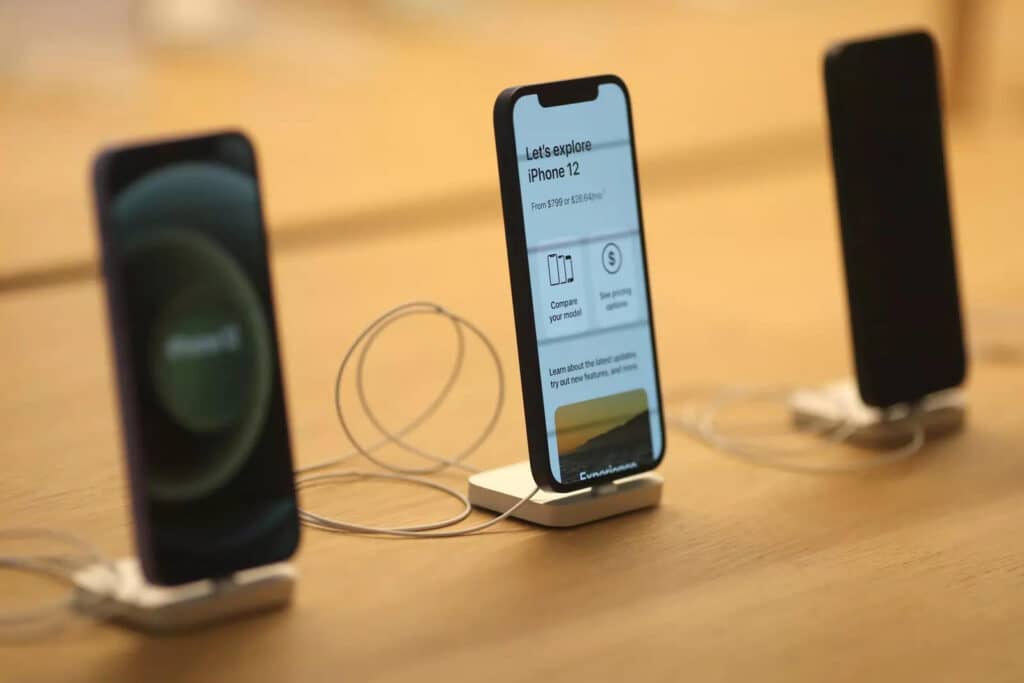
One of the most common ways your device will know what you have purchased is through analyzing the information you share on Google.
Your phone can track your emails in your Gmail inbox, which is used to create a purchase tracking list of the majority of the purchases that you have made online.
Thankfully, you can adjust the settings on your Google account to disable this feature.
Another way your device learns what you have purchased is through Facebook.
If you have ever noticed that you have seen quite a few ads for a specific item, but after purchasing you no longer see these ads- Facebook probably has something to do with this.
Facebook has access to information from certain stores about what their users have purchased from them, and Facebook then uses this information to personalize their ads in the future.
After all their business is advertising!
How Do I Stop My Phone From Listening And Reading My Mind?
Thankfully, whether you have an iPhone or an Android, you can still have some control over how much information these devices collect about you.
All you need to do is make adjustments to the device’s privacy settings to ensure that your device will only share the information you want to be communicated.
The two main setting features that you should adjust on your device to protect your privacy are your device’s browser settings and what your phone listens to.
Here is how to change specific settings on your phone to prevent it from invading your privacy!
iPhone Settings To Protect Your Privacy:
How to Adjust Settings to Prevent your iPhone From Listening to you:
- Visit iPhone’s Settings.
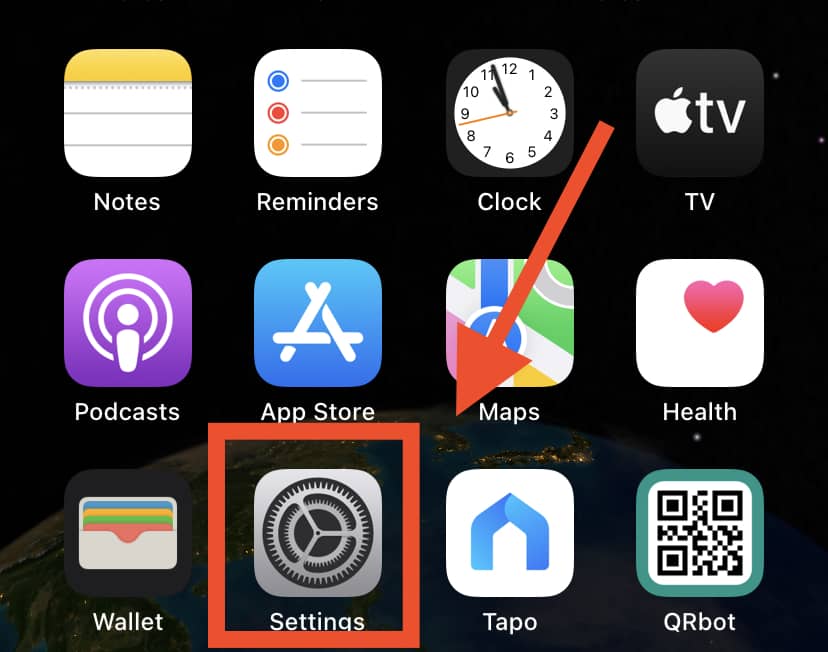
- Open the Privacy page.
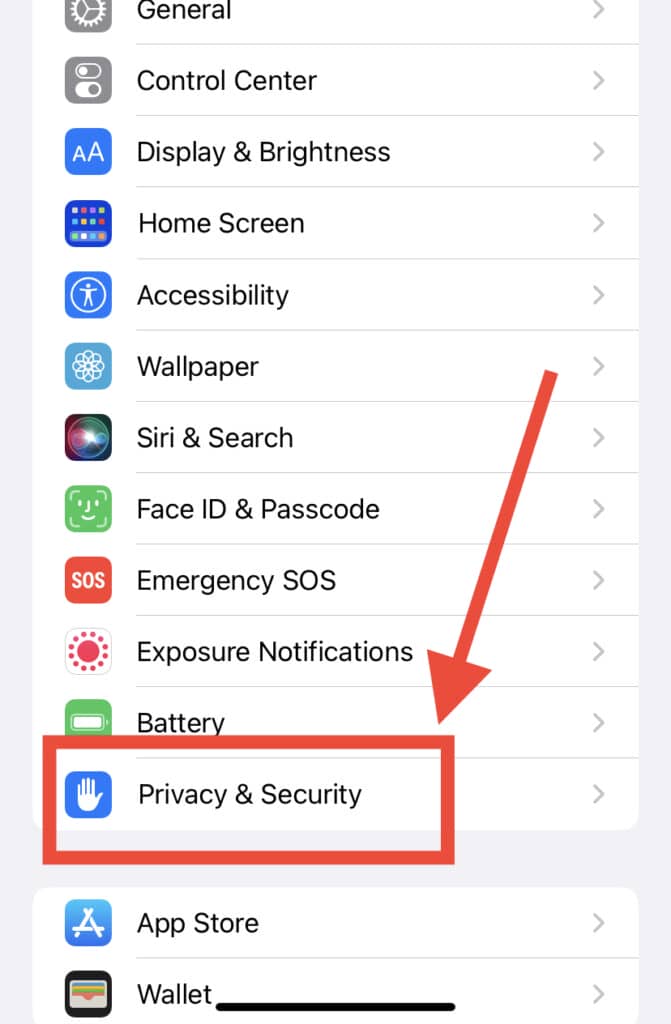
- Select ‘Microphone’.
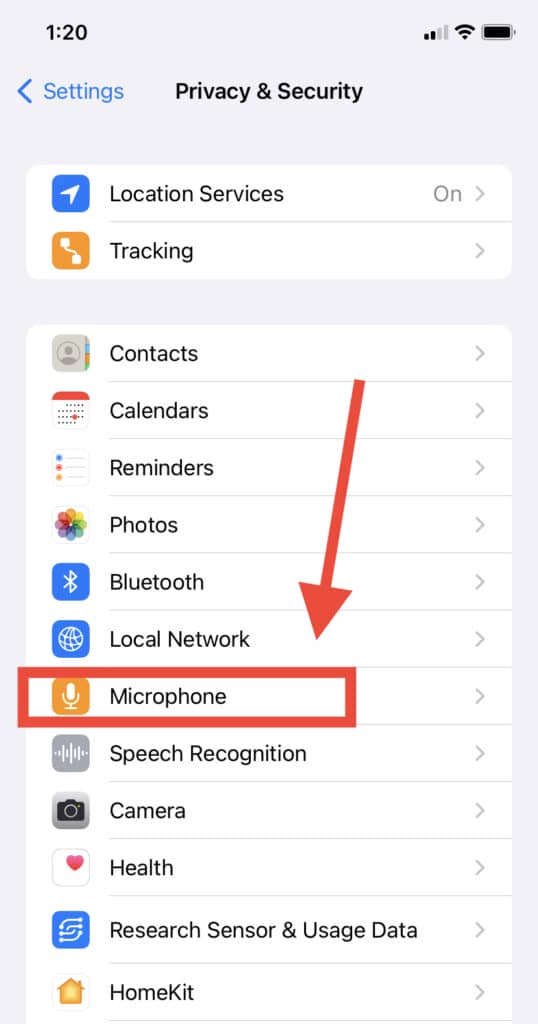
- Turn off access to the Apps that you do not want to hear you.
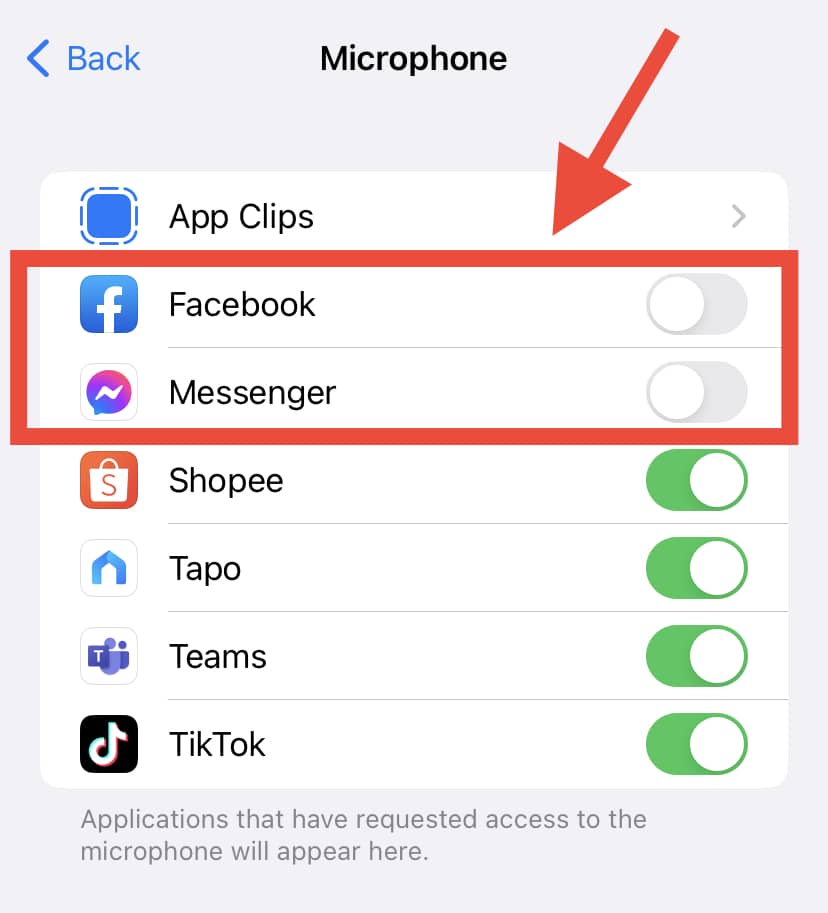
How to Adjust iPhone Browser Settings to protect your privacy:
- Visit iPhone’s Settings.

- Select the Safari option.
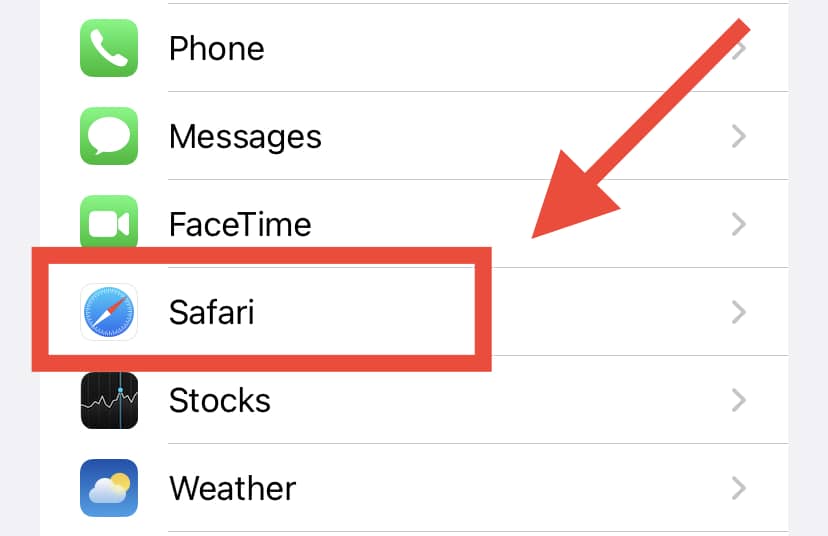
- Scroll down to ‘Privacy & Security’
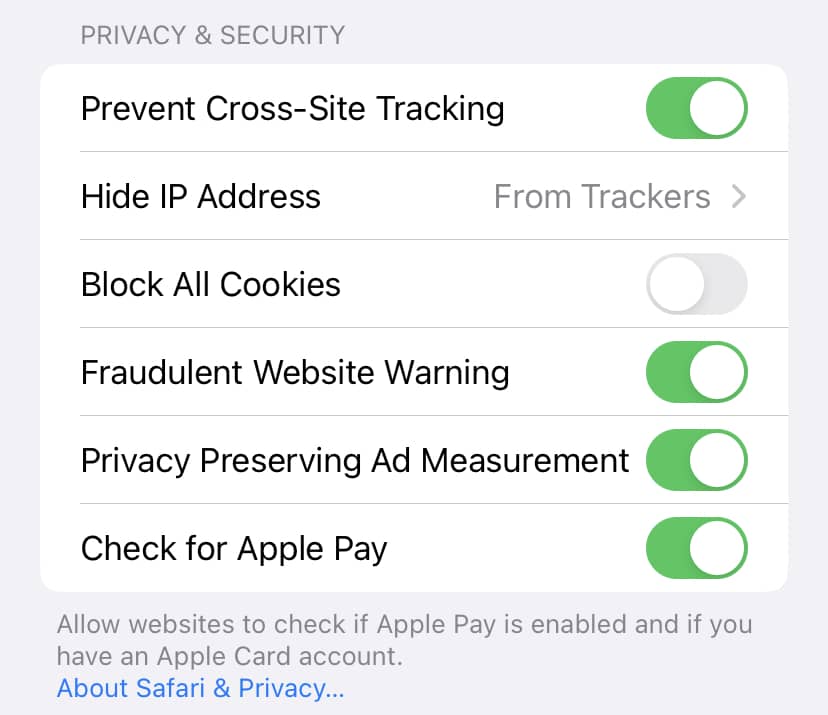
- Turn on ‘Prevent Cross-Site Tracking’
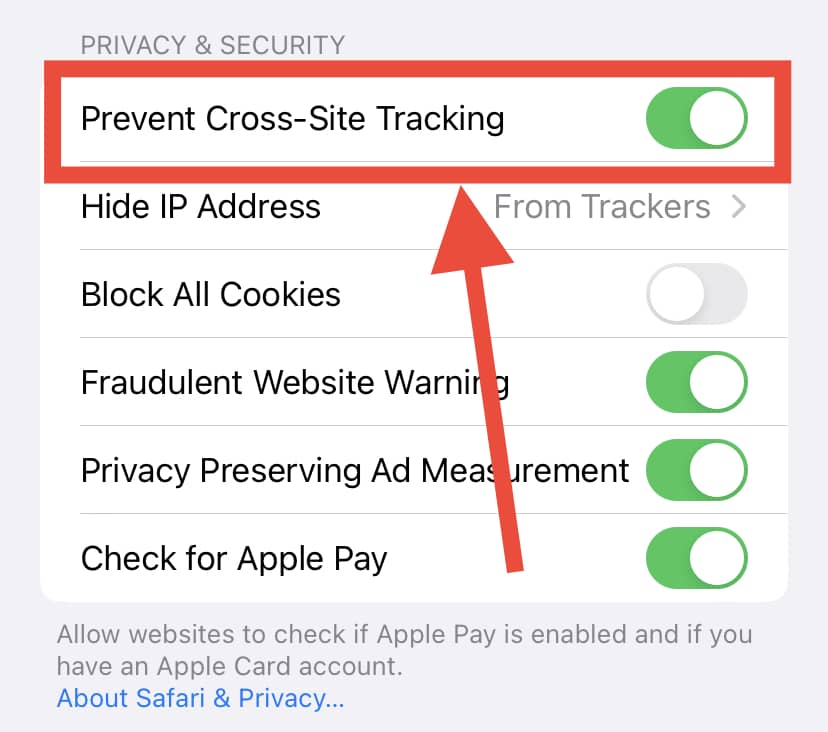
- Turn on ‘Privacy-Preserving And Measurement”.
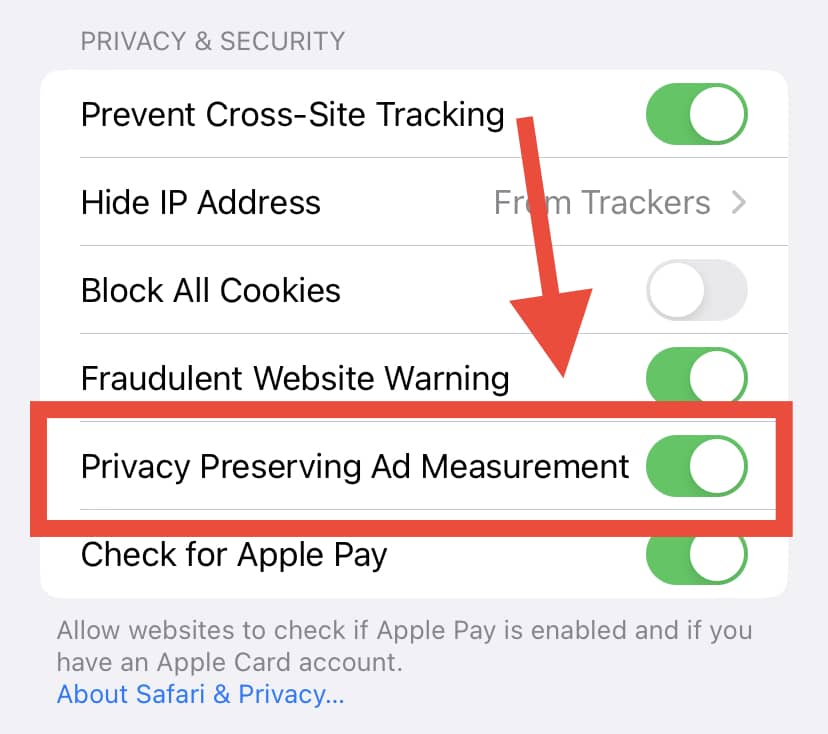
Android’s Settings to Protect Your Privacy:
How to Adjust Settings to Prevent your Android Phone From Listening to you:
- Visit your device’s Settings.
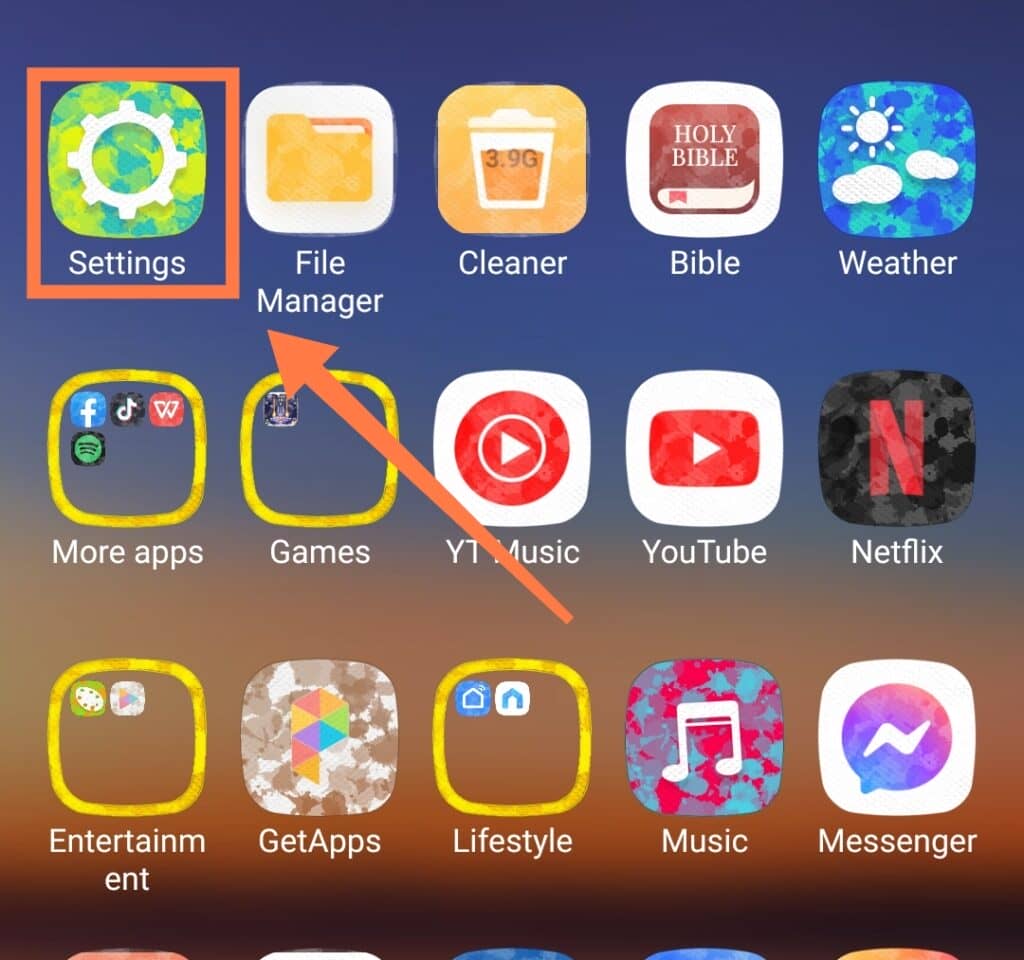
- Select Google.
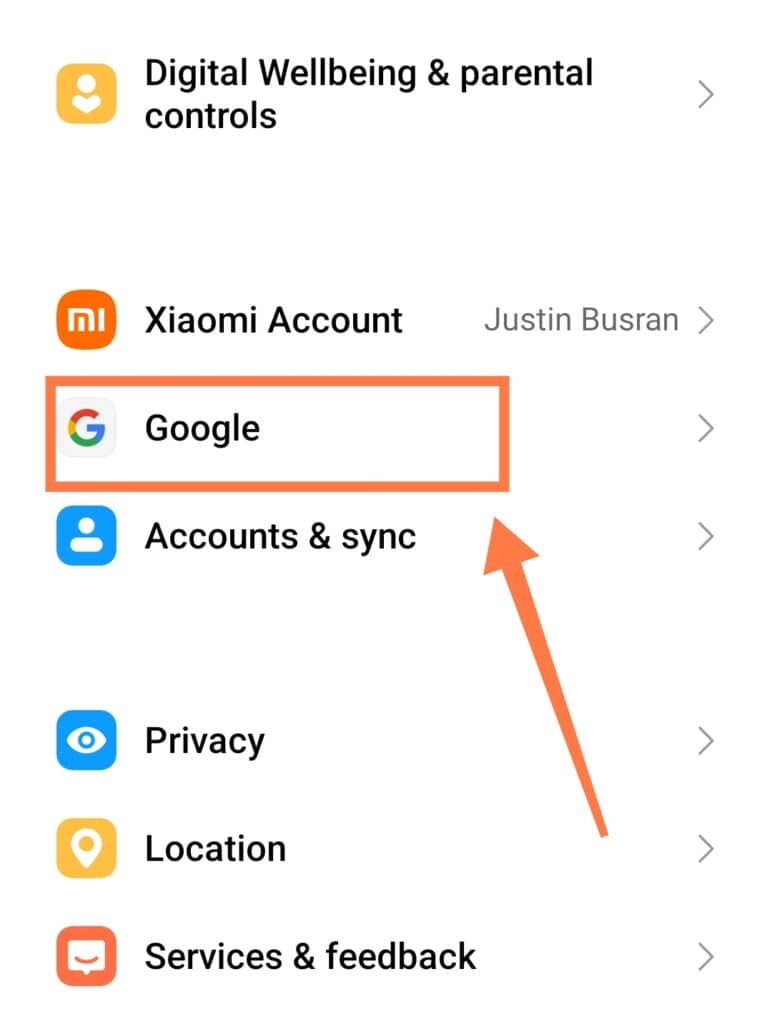
- Scroll down to Settings for Google apps.
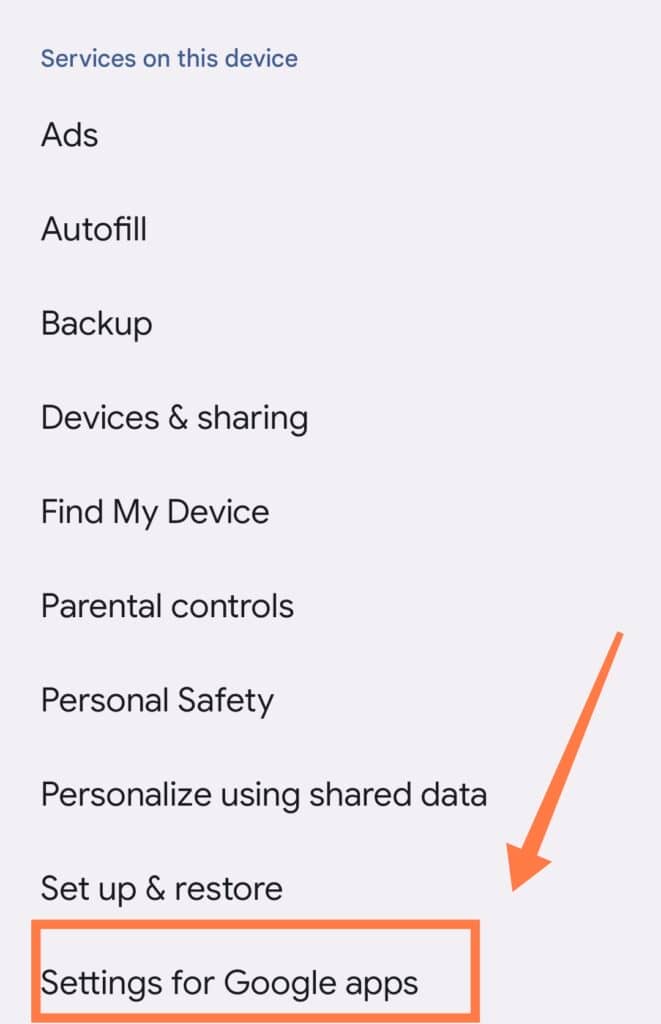
- Select ‘Search, Assistant & Voice’.
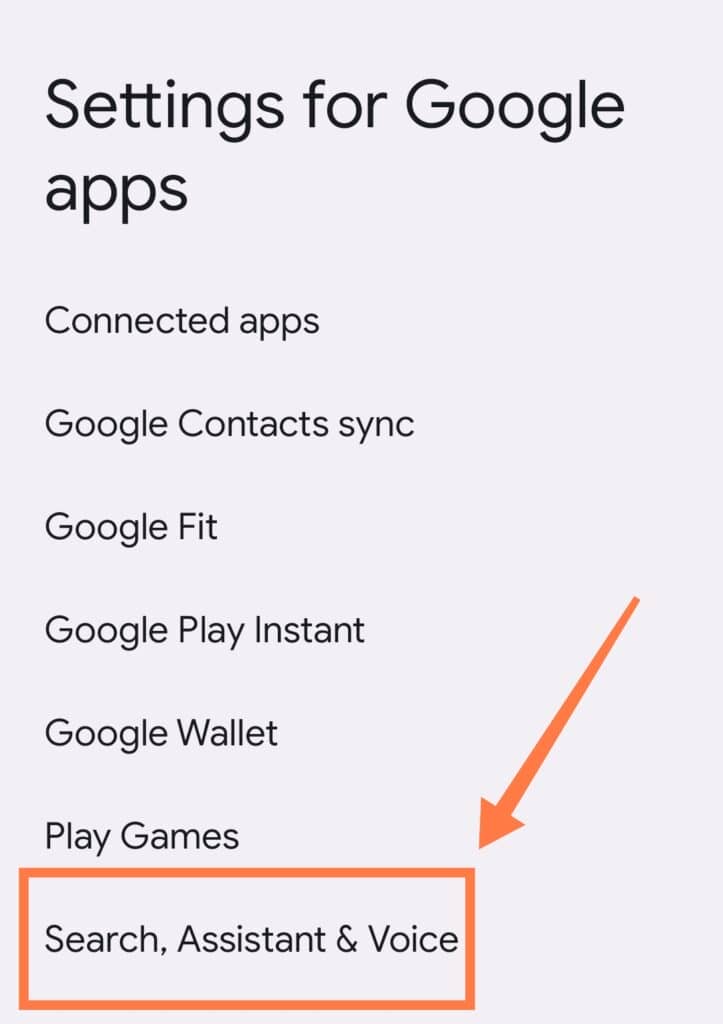
- Select Voice.
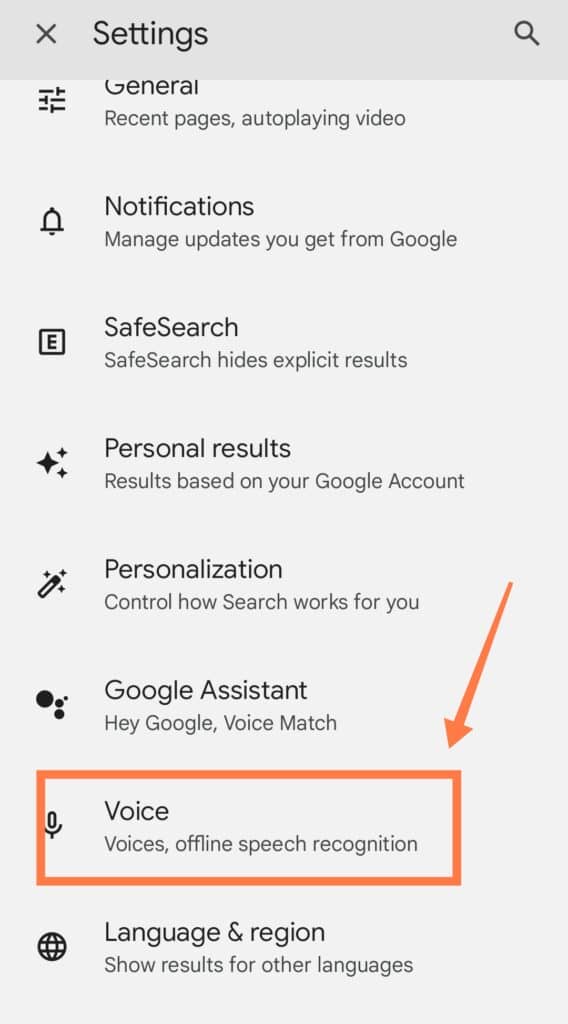
- Select Voice Match and Turn off the ‘Hey Google’ feature.
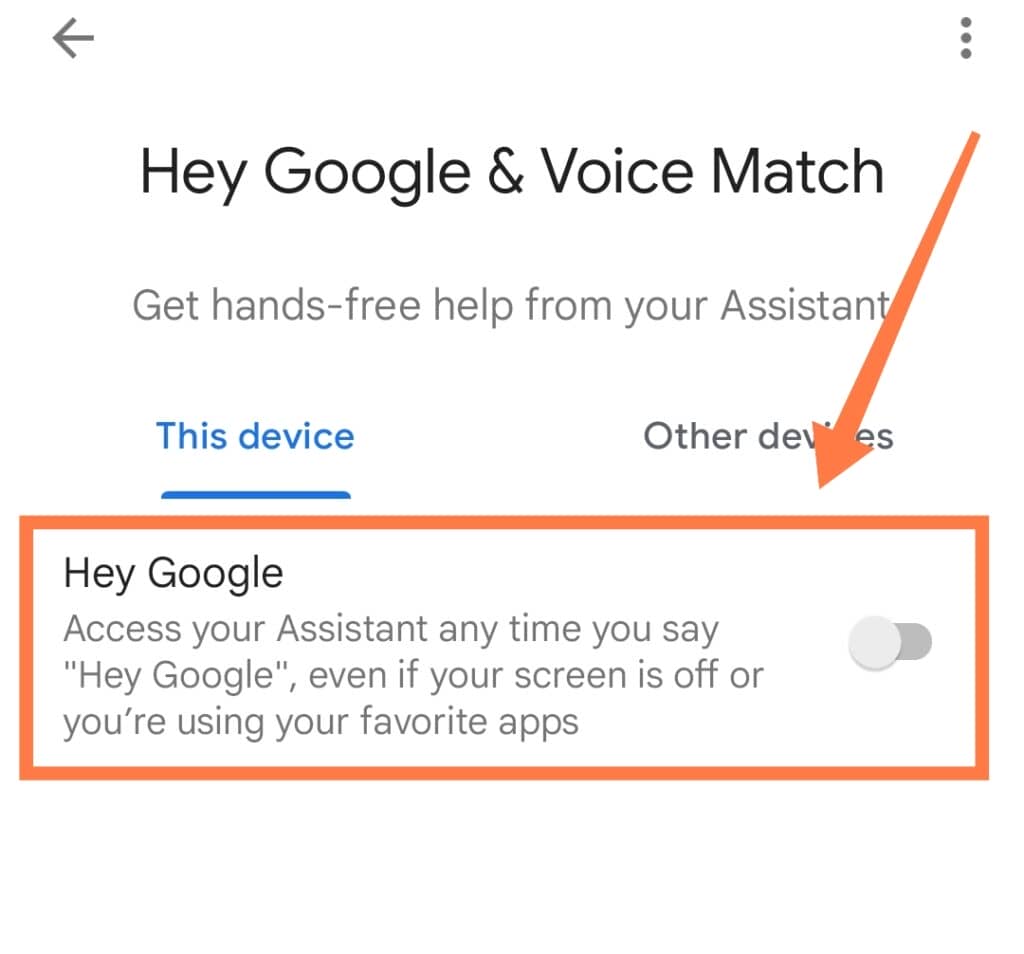
How to Adjust Google Browser Settings to protect your privacy on an Android:
- Open Google Chrome app and go to Settings
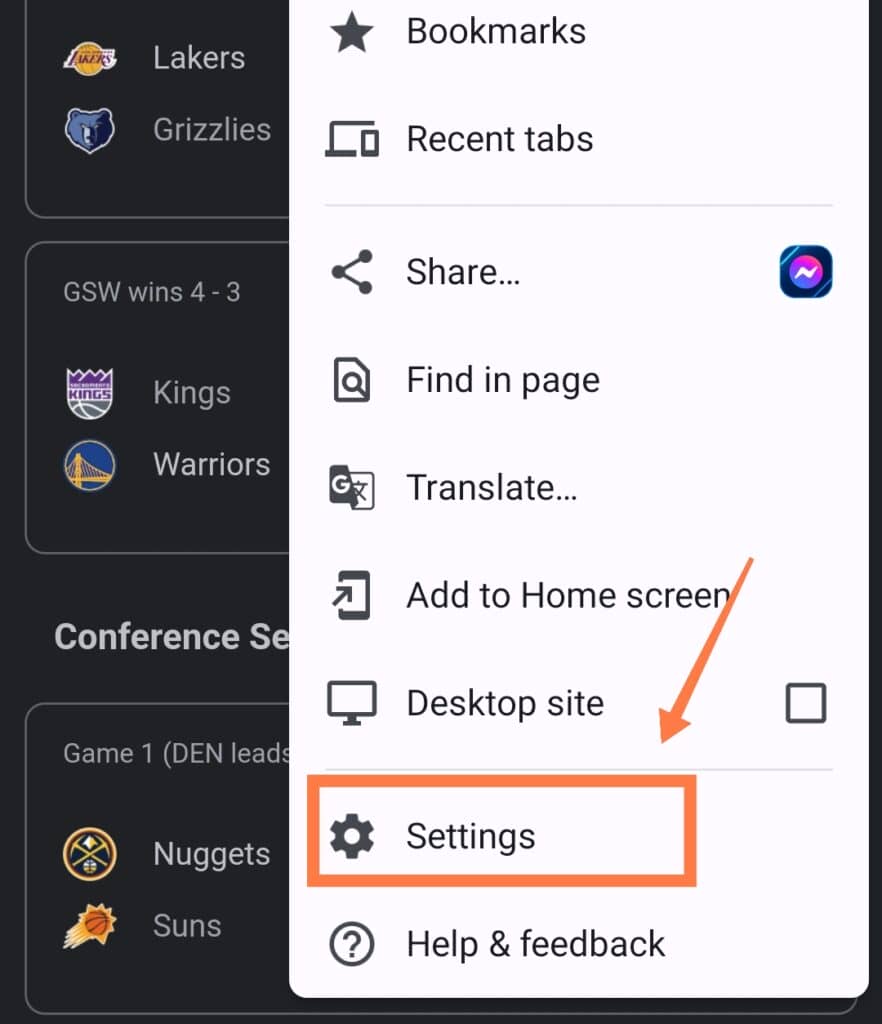
2. Select Privacy and Security.
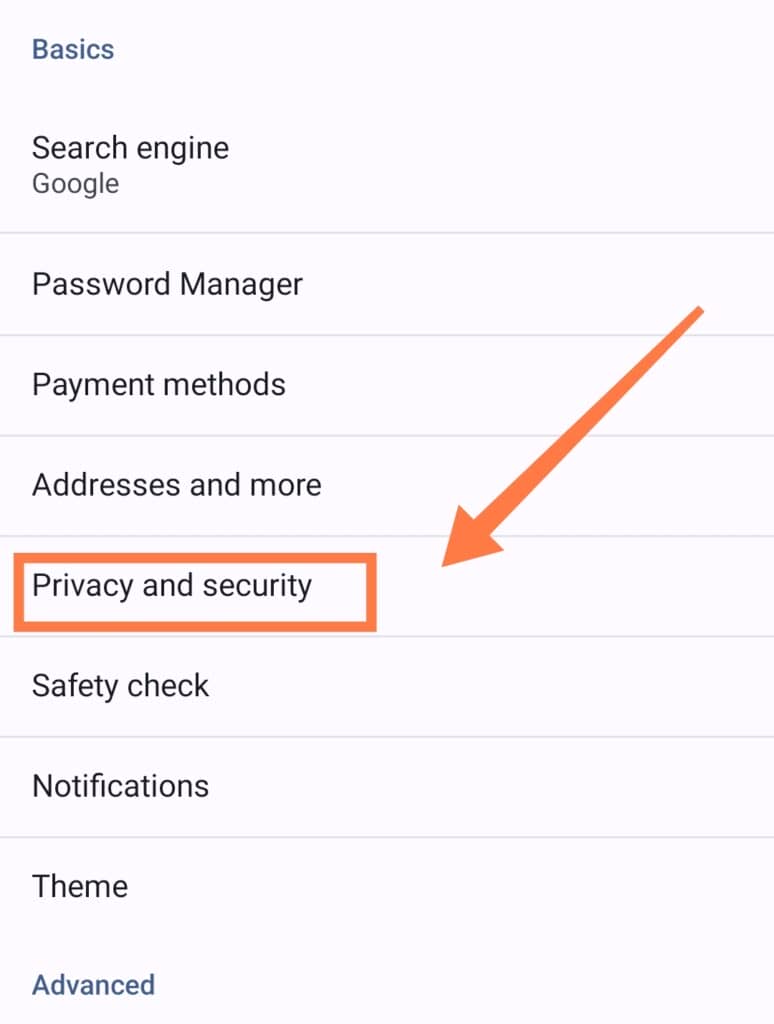
3. Turn off ‘Do Not Track‘
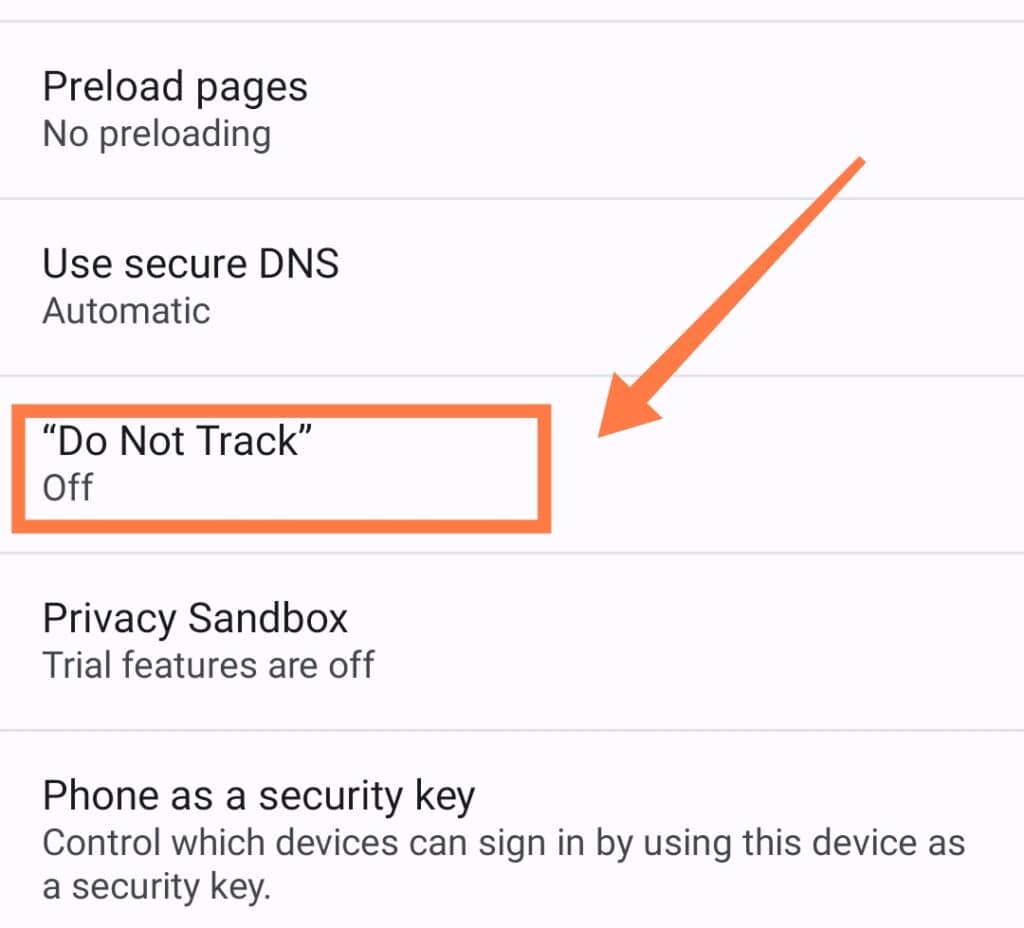
FAQ
1. Is Facebook listening to your conversations?
Facebook is not listening to your conversations, and the social media giant has been transparent in that they do not listen through their users’ devices.
However, your phone may listen to your conversations and share this data with certain apps when set on the default settings (you may see a blue dot appear at the top of your screen that indicates this).
2. How do I stop apps from tracking my data?
To stop apps from tracking your data on your phone, all you have to do is adjust your privacy setting for those specific apps.
You can do this by visiting your device’s settings and selecting the application you would like to adjust the privacy settings on.
3. Is your phone watching you?
While your phone may be watching you through the camera, most devices (such as iPhones) will display a light next to the camera to let users know when the camera is on.
However, one can never completely be sure that their phone cameras are not watching them.
4. How does Google know what I am thinking?
Google tracks its users across the different websites they have visited through cookies that respond to Google ad codes.
Google takes in this information and analyzes this data to predict what its users will search for. This is how Google personalizes its users’ experience.
Final Thoughts
In summary and in response to the question, “How does my phone know what I’m thinking?”:
Your phone may not be able to read your mind, but it can figure out what you are thinking.
This has become possible through the advancements in technologies, including AI and Big Data technology.
Learning about the access these devices have to user information can be eye-opening and may even feel like an invasion of privacy.
Luckily, as a user, you have a choice in the amount of data you share with your device and whether you want it to be shared with external parties.
If you enjoy the personal advertisements from your device, then there is no need to be concerned about certain data your device is collecting from you.
However, if you feel that your device is invading your privacy and would prefer your information not to be shared, you can choose to adjust the settings on your device.
Now you never have to feel crazy about whether your phone is listening to you again because you will truly know if it is or not!
Do you know how to stay safe on your smartphone? Keep yourself protected with our Comprehensive A-Z Of Smartphone Security right HERE!






